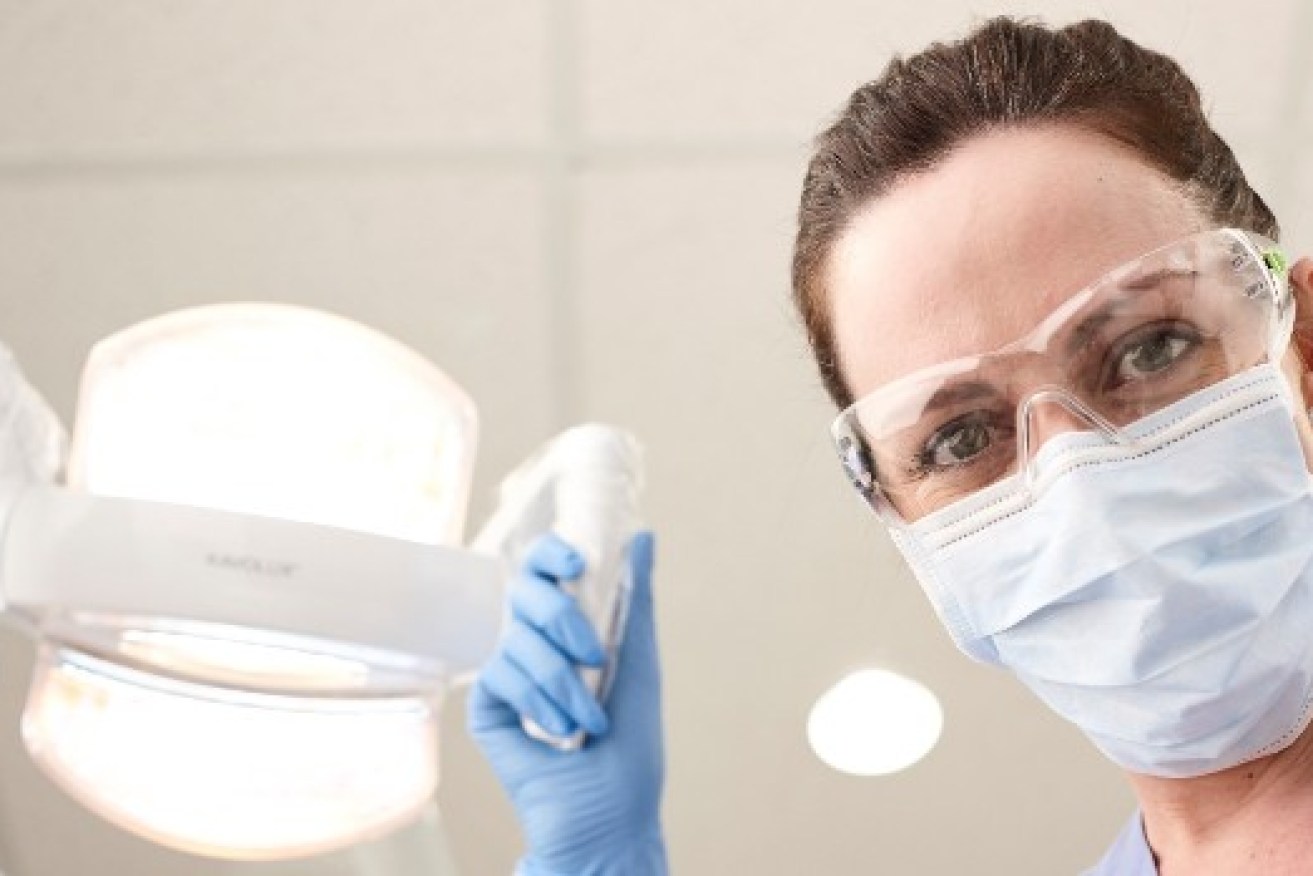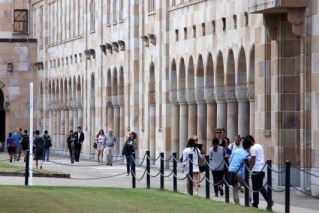Smiles all round as PPK gets teeth into Deakin ‘joint dentures’
Brisbane-based PPK has diversified again, shifting from mining services, battery technology and armoured vests to the $4.6 billion market for false teeth.


A rebellion within the ranks of a dental group could mean the end of its directors
The company has announced that its new project, a joint venture with Deakin University and aesthetic dentist Dr David Dunn, had the potential to be the “holy grail” of ceramic materials that would last much longer and look better.
The partnership would incorporate boron nitride nanotubes (BNNT) in the molecular matrix for new dental nanocomposites.
The BNNT are about 100 times stronger than steel and provide micro-tensile strength in ceramics while having no impact on colour. They were also non-toxic, not impacted by salivary flow or food acids and should remain stable in a nanocomposite indefinitely, according to PPK.
It also uses BNNT technology in ballistic armour and recently won a contract with the Australian Defence Force.
The company said the objective of its latest project with Deakin and aesthetic dentist David Dunn was to develop a range of materials with far superior physical properties and excellent aesthetic values.
Deakin will provide the research and development expertise and initial ownership of the venture vehicle, 3D Dental Technology Limited, will be PPK (45 per cent), David Dunn (45 per cent) and Deakin (10 per cent) with funding provided by all three shareholders in proportion to their investment.
“The 3D Dental Technology project focuses on the development of new nanocomposites for a variety of dental materials including zirconia, lithium disilicate, alumina and composite resins based on the incorporation of BNNT in the molecular matrix of these materials,” the company said.
“Although mechanically hard, current ceramic composite structures like veneers, crowns and bridges are considered to have an unacceptably high failure rate.
“These new nanocomposites represent innovative forms of materials for use in prosthetic and implant dentistry including inlays, onlays, veneers, crowns and a variety of both tooth and implant supported bridge constructions.”
Dr Dunn, who is also the chief executive of DD Technologies said the utilisation of BNNT and the emergence of 3D printing, or additive manufacturing, was a new and exciting area for significant advancement of ceramic prosthetics in dentistry.
This BNNT application project has the potential to be the holy grail of ceramic materials with enhanced mechanical and optical properties providing superior longevity and ideally improved aesthetic properties.”












